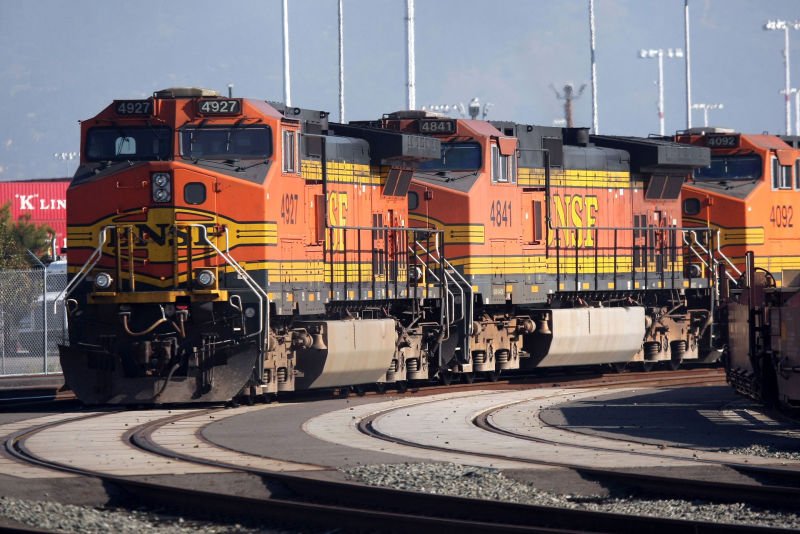City officials may be able to block the export of coal and other fossil fuels from a new shipping terminal being built on the old Oakland Army Base -- if they find those exports seriously threaten the health and safety of residents.
The City Council will hold a public hearing Monday to collect testimony on the potential health risks of transporting millions of tons of coal and petroleum byproducts through Oakland each year.
“There’s a lot of discussion going on in the community,” city spokeswoman Karen Boyd said. “[The] council wants to be well-informed and really wants to hear from the community, and that’s why they devoted extra time to the issue.”
Councilman Dan Kalb called for the hearing after news broke that four coal-producing counties in Utah wanted to invest $53 million to be able to ship "energy commodities" through the West Oakland terminal, which is expected to open in 2017.
Kalb and other city leaders say coal exports would violate Oakland's 2014 resolution opposing the transportation of coal and petroleum coke, an oil refinery byproduct.

